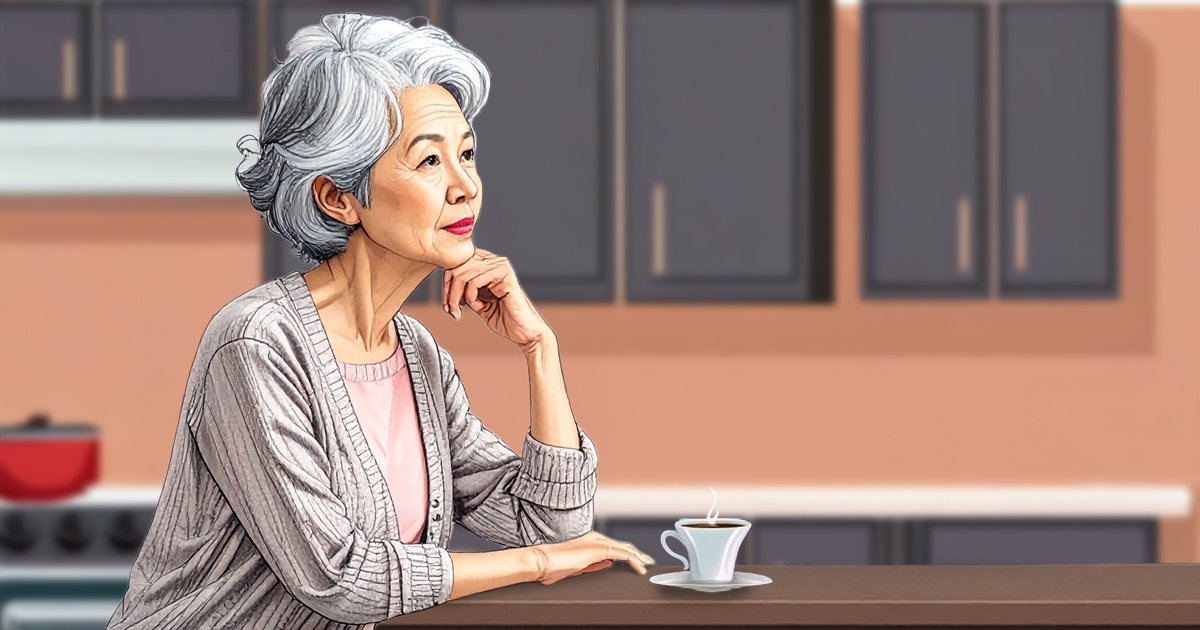Losing vision is hard enough. But what if you also start seeing things that aren’t there?
If so, you’re not alone. You may be experiencing Charles Bonnet Syndrome (CBS). And CBS is not a mental health disorder. It’s a brain response to vision loss. It affects 1 in 3 people with vision loss, but hardly anyone talks about it.
That’s why we’re talking about it now.
What Is Charles Bonnet Syndrome (CBS)?
CBS is a condition where your brain creates its own images because it is missing the eyes’ visual input. These hallucinations can be simple shapes, patterns, or lights, or they can be detailed visions of people, animals, or scenes. If you don’t know what’s happening, these can feel scary.
But these silent visions are not signs of “losing your mind.” Your brain is just responding to vision loss by “filling in the blanks.”
Misdiagnosis and Misunderstanding: Tools to Help
CBS can affect anyone with vision loss, whether from macular degeneration, glaucoma, cataracts, or other causes. Surprisingly common, it is also often misunderstood. Even many eye doctors haven’t heard of it. One woman’s hallucinations were so vivid, her doctor wrongly diagnosed her with dementia. Another didn’t tell her family for years, afraid they wouldn’t understand.
So here are two tools to advocate your condition at doctor appointments:
- a handout on CBS from the American Society of Retinal Specialists
- a letter to doctors on the Mary Carmel’s Light website
What Else Helps?
- Naming it: Just recognizing that you are experiencing Charles Bonnet Syndrome can ease fear.
- Talking about it: Whether it’s a family member or a support group, sharing your story will help.
- Managing it: Try adjusting lighting, distracting your brain with a task, or reaching out to “touch” the hallucination. Sometimes these tactics can make it fade.
Also, Dr. Brittany Adams noticed that her hallucinations often reflected her emotional state. Negative emotions produced disturbing images, but as her acceptance grew, the hallucinations became benign. You can hear about her experience on the Hadley Presents podcast episode Vision Loss and Charles Bonnet Syndrome.
Connect with Others
Mary Carmel’s Light was founded to fill the huge gap in education and support for CBS in the United States. They offer a support group every Saturday: call 502-439-0398 to join.
You can learn more about Charles Bonnet Syndrome and Mary Carmel’s Light by listening to the Hadley Presents episode, Visual Hallucinations with Vision Loss: What You Should Know About Charles Bonnet Syndrome.
Looking for resources specific to vision loss? Have some to share? Join Hadley’s Resource Roundtable, a monthly discussion group, and discover and share tips for connecting to the information and support you are looking for.
Coping with Vision Loss
When Carmel Anderson lost her vision to glaucoma, she began experiencing what she called her “phantom vision.” She didn’t know it had a name until she heard it on the Hadley Presents podcast episode Vision Loss and Charles Bonnet Syndrome.
And you can hear Carmel tell her story in the Insights & Sound Bites episode, My Phantom Vision.
CBS may feel unsettling at first. But with the right support, it can become just another part of your vision journey that you don’t have to go through in silence.
Have you been experiencing hallucinations after losing vision?

0 Comments